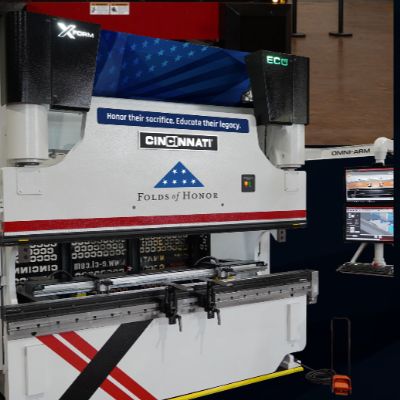Labor Law Developments Making Headlines—Wage and Hour
July 1, 2012Comments
What is an employer’s obligation to provide employees workday meal periods? What if an employee continues to work during his lunch break? Is there a timing requirement to when a meal period must be provided?
The Supreme Court of California recently tackled these issues under California State Law in Brinker Restaurant Corp. v. The Supreme Court of San Diego County and Adam Hohnbaum, et.al. California wage and hour restaurant-industry orders obligate employers to afford their non-exempt employees meal and rest periods throughout the workday. One section prohibits an employer from requiring an employee “to work during any meal or rest period mandated by an applicable order of the Industrial Welfare Commission” and requires that employers who violate these requirements must pay premium (overtime) wages. The law’s purpose is to guarantee to employees wage and hour protection, including meal and rest periods intended to ameliorate the consequences of long hours.
Defendants Brinker Restaurant Corporation, Brinker International, Inc. and Brinker International Payroll Company, L.P. (collectively Brinker) own and operate restaurants throughout California, including Chili’s Grill & Bar and Maggiano’s Little Italy.
In 2002, the Division of Labor Standards Enforcement (DLSE) launched an investigation into whether Brinker was complying with its obligations to provide rest and meal breaks, maintain proper records and pay premium wages in the event required breaks were not provided. The DLSE filed suit and eventually settled in exchange for Brinker’s payment of $10 million to redress injuries suffered by employees between 1999 and 2001, and the stipulation to a court-ordered injunction to ensure compliance with meal- and rest-break laws. In connection with the settlement, Brinker disclaimed all liability.









